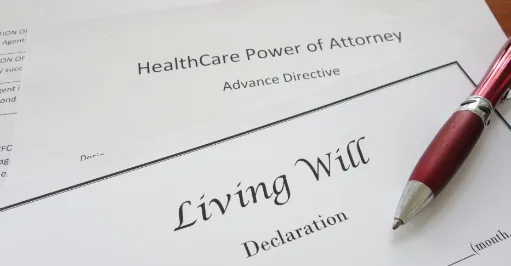An exemption is an amount of money or personal property that you may leave to another person without paying an estate tax on the transfer. If your estate exceeds the exemption level, you must file an estate tax return and pay taxes on any excess property. The Federal Estate and Gift Tax Exemption allows individuals to pass on a certain amount of assets without having to pay estate taxes. New York State also has an exemption amount. In 2023 the federal lifetime gift and estate tax exclusion will increase due to inflation to $12.93 million per person. The New York State Estate Tax Exemption will increase to $6,580,000.00 for 2023 from $6,110,000.00 in 2022. There may be similar increases for inflation in 2024 and 2025, according to a recent article from Think Advisor titled “The Estate and Gift Tax Exclusion Shrinks in 2026. What’s an Advisor to Do?”
This is good news for wealthy Americans. However, there’s bad news on the horizon. Under the Tax Cuts and Jobs Act, these historically high levels will end on December 31, 2025. Estate and gift exclusions will drop to the pre-2017 level of $5.0 million, adjusted for inflation. Estimates for 2026 vary, but most expect the amount may reach $6.8 million per person.
For Americans who saw the value of their homes and portfolios increase in the last ten years, this level becomes uncomfortably close when considering the overall value of their estate. Here’s some help to minimize estate taxes in the coming years.
What is the Estate and Gift Tax Exclusion in 2023?
Every year the annual estate and gift tax exclusion is adjusted for inflation. For example, in 2022, the annual exclusion was $16,000 and in 2023, it is $17,000. Gifts at or below this amount are not counted towards your lifetime exemption.
If you haven’t made any gifts to remove assets from your estate before 2026, your lifetime gift and estate tax exemption will revert to 2026 levels. If you made gifts before 2026, several different scenarios could apply.
If your gift was less than the exemption amount in place in 2026 or beyond, your remaining exclusion would be the amount of the exemption minus the total of your lifetime gifts. Let’s say the exclusion is $6.8 million, and you’ve given $3 million in lifetime gifts. The remaining exclusion would be $3.8 million. Any gifts over this amount would be subject to estate taxes.
If your gifts before 2026 exceed the limit in place, the exemptions from the old limits will apply to those gifts. However, there won’t be any additional exemptions. Here’s an example: if you made $9 million in gifts before 2026, this would be your exemption amount upon death. There would be no additional exemption for 2026 or beyond unless the inflation-adjusted exemption exceeded $9 million in the future.
The higher exemption amounts are “use it or lose it.” Any difference between the higher exemption amounts and the post-2025 reduced amounts will be lost if not used. Any gifts made over the higher exemptions before 2026 will still fall under the higher exemption upon death.
There are steps to be taken to reduce your taxable estate and make the most of the current limits. Which steps to take depends on the size of the estate, the nature of heirs, marital status, health status, and other factors.
One strategy is to spend down assets. Take the big vacations, travel to out-of-town sporting events, and enjoy the wealth you worked so hard to accumulate. This lifestyle can add up over time and fit in with an overall plan of minimizing your taxable estate.
Gifting to charity is another excellent way to reduce the size of a taxable estate while building a legacy. Current-year gifts of cash-appreciated securities and other assets can also provide a tax deduction to minimize current-year income taxes. Speak to us about using a Donor Advised Fund, Charitable Lead Trust, or Charitable Remainder Trust.
If you are married, assets left to a surviving spouse have no estate tax consequences, except for a non-citizen spouse, who may not benefit from the unlimited marital deduction rules. One option is for the surviving spouse to take the decedent spouse’s unused lifetime exclusion. If you have any questions we are here to help guide you through this process.






